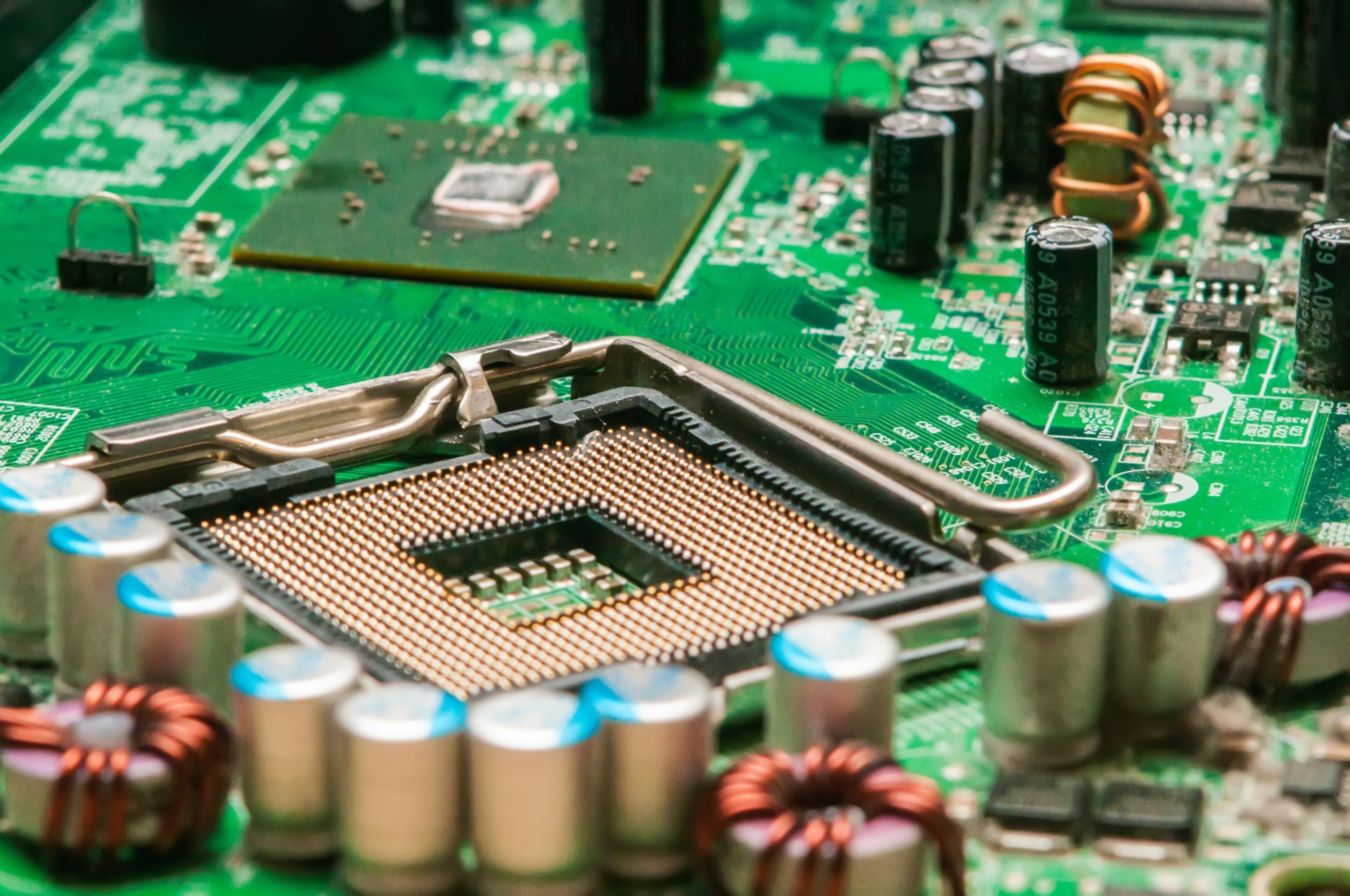Electronics, as a field, has cemented its relevance in the contemporary scientific and technological landscape. This relevance gains further depth when we juxtapose traditional electronic systems with the revolutionary paradigm of quantum computing. The intricate relationship between these two domains raises compelling questions about the future of computation and the underlying principles that govern electronic phenomena.
To comprehend the connection between electronics and quantum computing, it is imperative to first delineate the fundamental principles that underpin each domain. Electronics primarily concerns the manipulation of charge carriers, especially electrons, within materials to perform tasks ranging from signal transmission to complex computations. Central to this field are classical physics principles, particularly those concerning electricity and magnetism, which describe how electrons behave in conductive materials.
In stark contrast, quantum computing leverages the principles of quantum mechanics, an area of physics that delves into the behavior of matter and energy at infinitesimally small scales. At this scale, particles can exist in states that are not strictly binomial—meaning classical logic gates, which operate on binary values, become insufficient. Quantum bits, or qubits, possess the capability to exist in superpositions of states, thus granting quantum computers a vast parallelism unattainable by classical electronic systems.
The distinction between bits and qubits is foundational to the discourse surrounding electronics and quantum computing. Bits, the fundamental unit of classical computing, can exist solely as 0 or 1, whereas qubits can embody both states simultaneously thanks to the principle of superposition. This property enables quantum computers to execute multiple computations concurrently, resulting in potentially exponential increases in processing power for specific types of problems.
Another crucial concept in quantum mechanics that informs quantum computing is entanglement. This phenomenon occurs when pairs or groups of qubits become interlinked in such a way that the state of one qubit is directly related to the state of another, regardless of the spatial separation between them. This feature allows quantum systems to correlate outcomes in a manner that classical electronic systems cannot replicate. Such correlations can be harnessed for superior data processing capabilities, bringing profound implications for cryptography, optimization, and complex system simulations.
Despite their inherent differences, the fields of electronics and quantum computing are converging in several significant ways. Traditional electronic engineering techniques are being employed to create quantum devices, thus creating a nexus of disciplines. For instance, superconducting circuits—fabricated using materials that exhibit zero electrical resistance—are a prominent avenue in the development of qubit technology. These circuits leverage classical electronic principles while adhering to the quantum mechanical behaviors of the materials involved.
This intersection is not merely a technical curiosity; it signals a fundamental evolution in how we conceptualize computation and information processing. The trajectory that merges electronics with quantum principles highlights an emerging field known as quantum electronics. Here, researchers investigate how electronic devices can exploit quantum effects to achieve functionalities that transcend classical limitations. One of the most intriguing aspects of this convergence is the development of quantum transistors, devices that could potentially revolutionize information processing by embedding quantum properties into classical silicon-based electronics.
Moreover, the explorations in quantum-dot cellular automata exemplify how electronic systems may incorporate quantum principles to enhance performance metrics such as processing speed and energy efficiency. These systems operate on the scale of single electrons, using quantum dots that confine electrons in three dimensions to perform operations reminiscent of classical electronics while capitalizing on quantum mechanics.
Another fascinating dimension in the relationship between electronics and quantum computing is in the realm of communication. Quantum key distribution (QKD) utilizes principles of quantum physics to create secure communication channels that are theoretically invulnerable to interception. This technology holds vast implications for data privacy and security, giving rise to a new paradigm of electronic communication systems.
The pursuit of quantum computing prompts deeper philosophical considerations about the nature of information itself. As researchers ponder the implications of quantum computation, questions arise regarding determinism, information hierarchy, and the very essence of reality as narrated through the lens of quantum mechanics. The mysteries inherent in this quantum world often spark a sense of fascination that extends beyond the technical; they compel us to reconsider established ontologies and epistemologies.
The potential of quantum computing beckons researchers, technologists, and philosophers alike, fostering interdisciplinary dialogues that explore the intersections of these diverse fields. As electronics evolve to incorporate quantum methodologies, a new era of technological innovation is anticipated, one that may recast the limits of what is computationally feasible.
In conclusion, the intricate relationship between electronics and quantum computing is emblematic of an era where disciplines converge to foster groundbreaking innovations. The principles of classical electronics are being reimagined through the prism of quantum theories, leading to devices and computational paradigms that challenge our understanding of technology and information. As exploration in this field continues, the boundaries of what we can achieve in computation, communication, and information processing will likely expand in unprecedented ways, unveiling a future that, while grounded in the principles of physics, exceeds our current imaginings.












